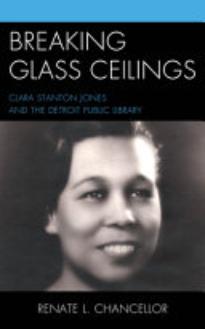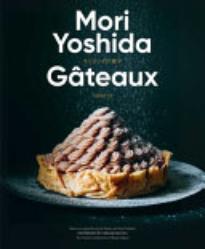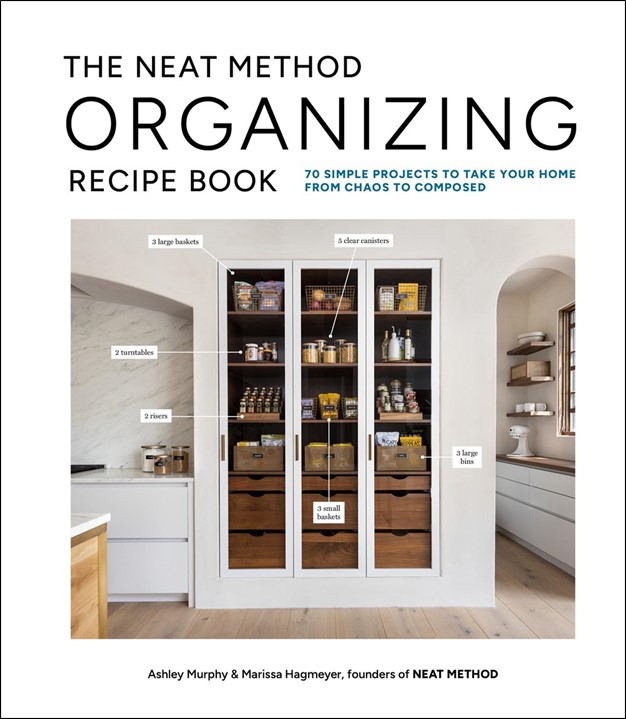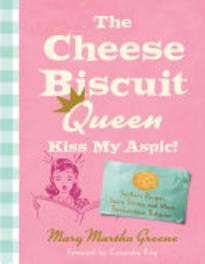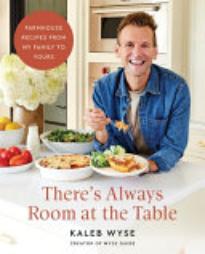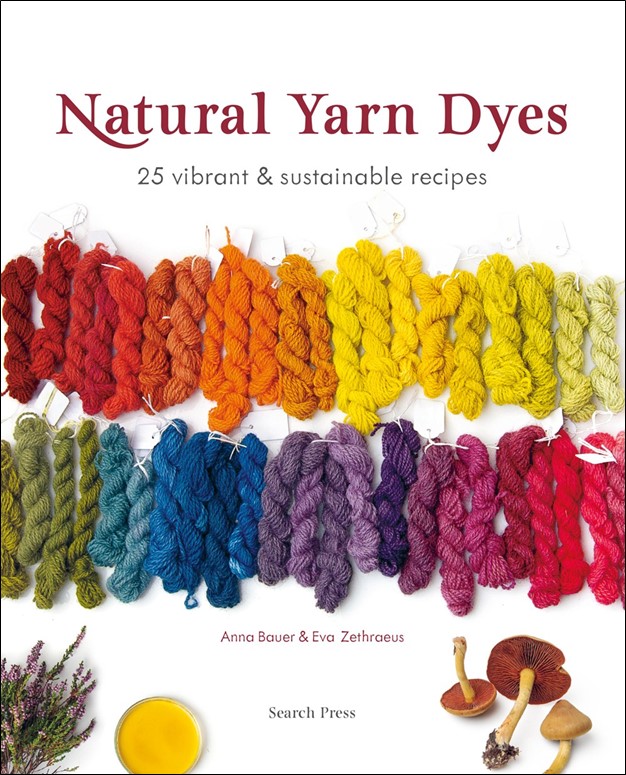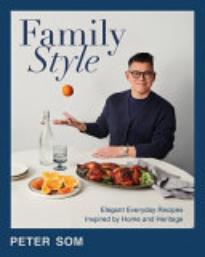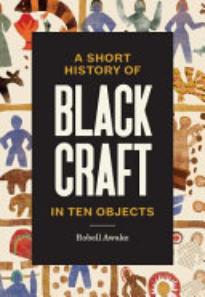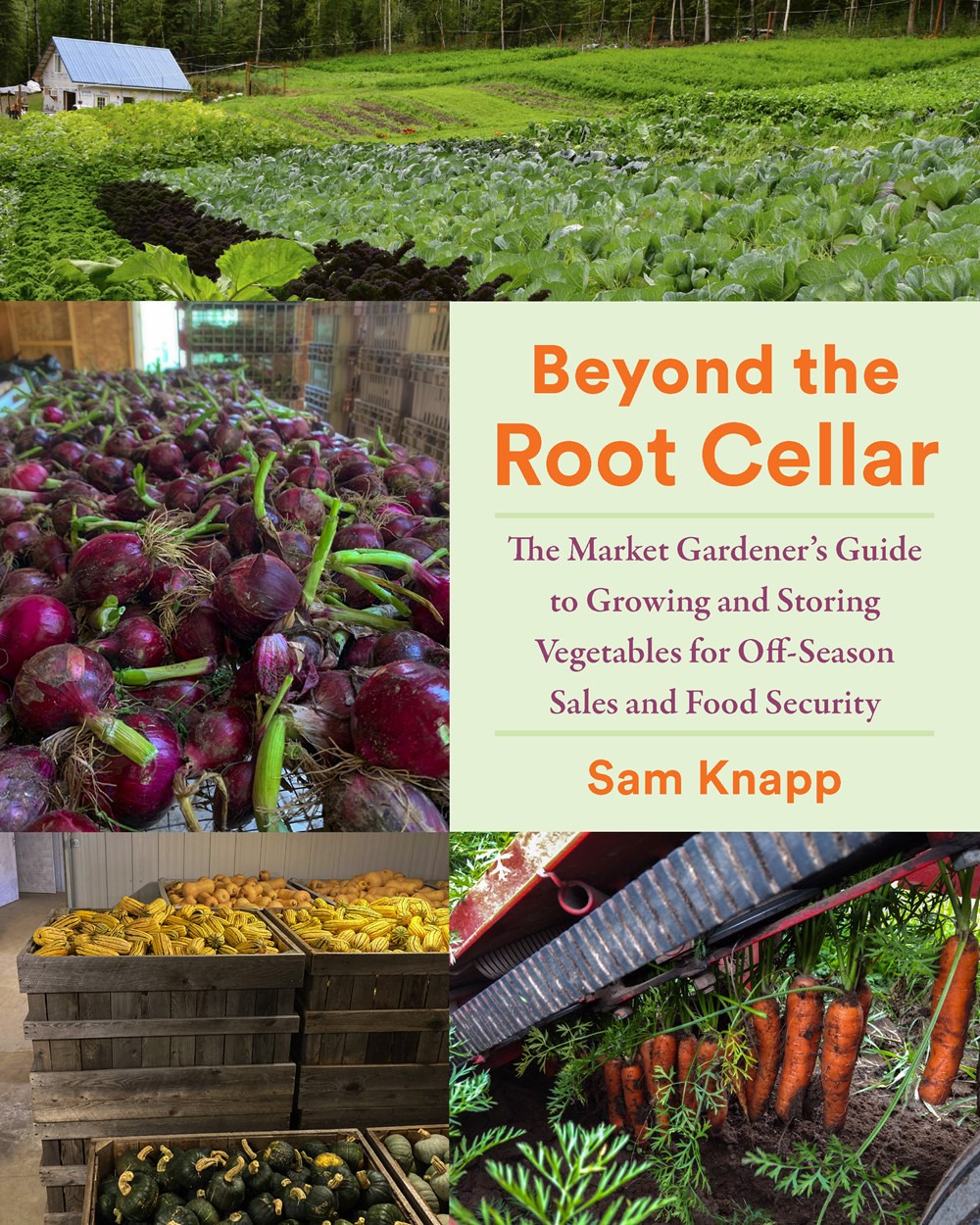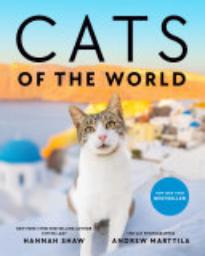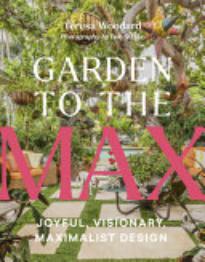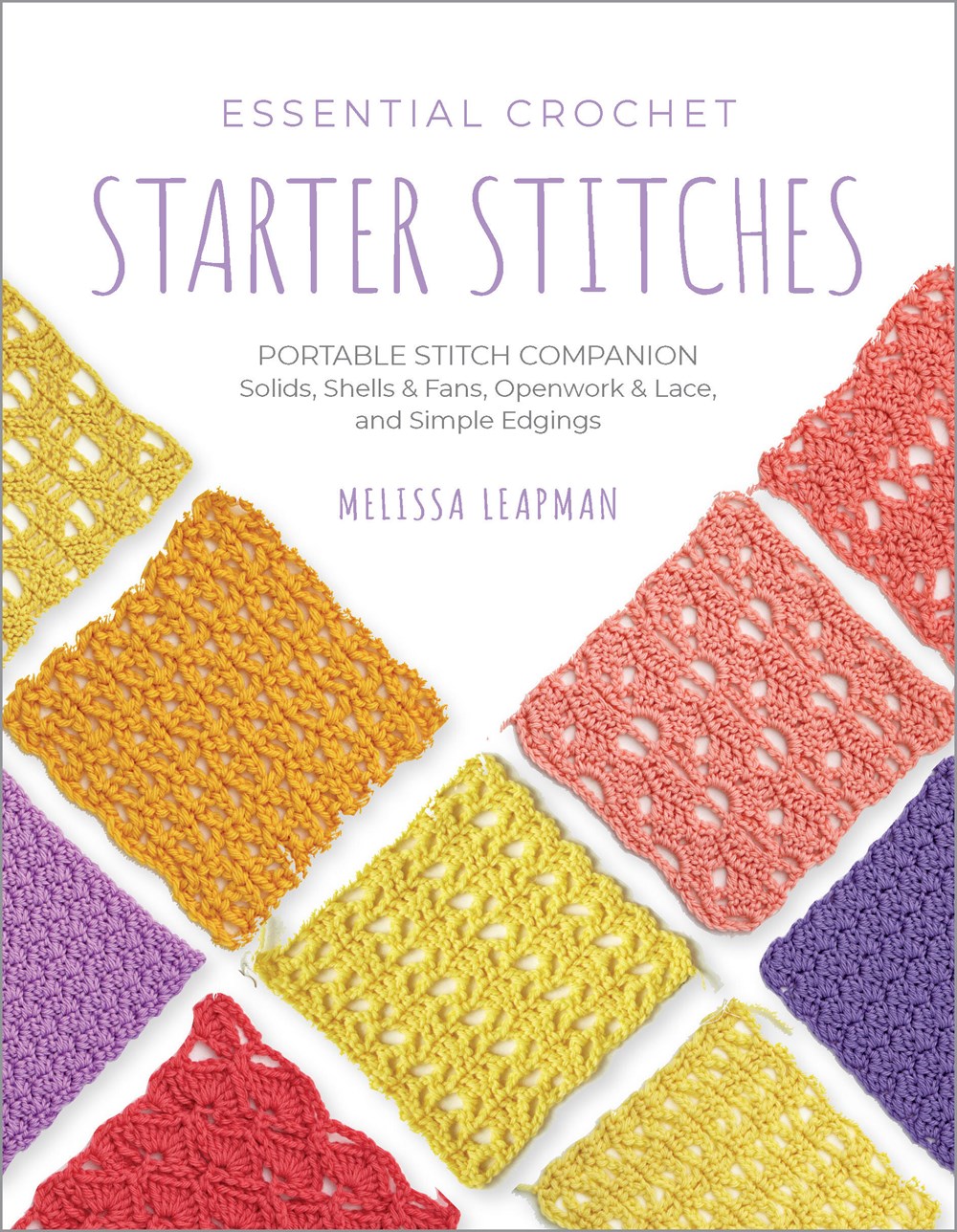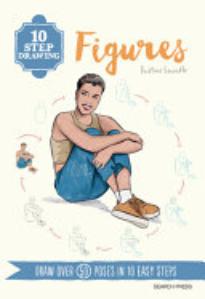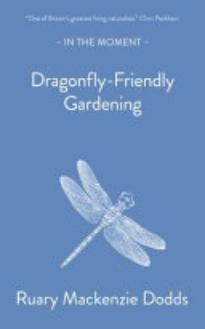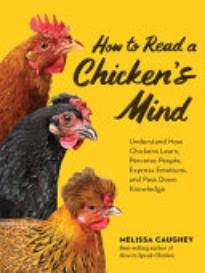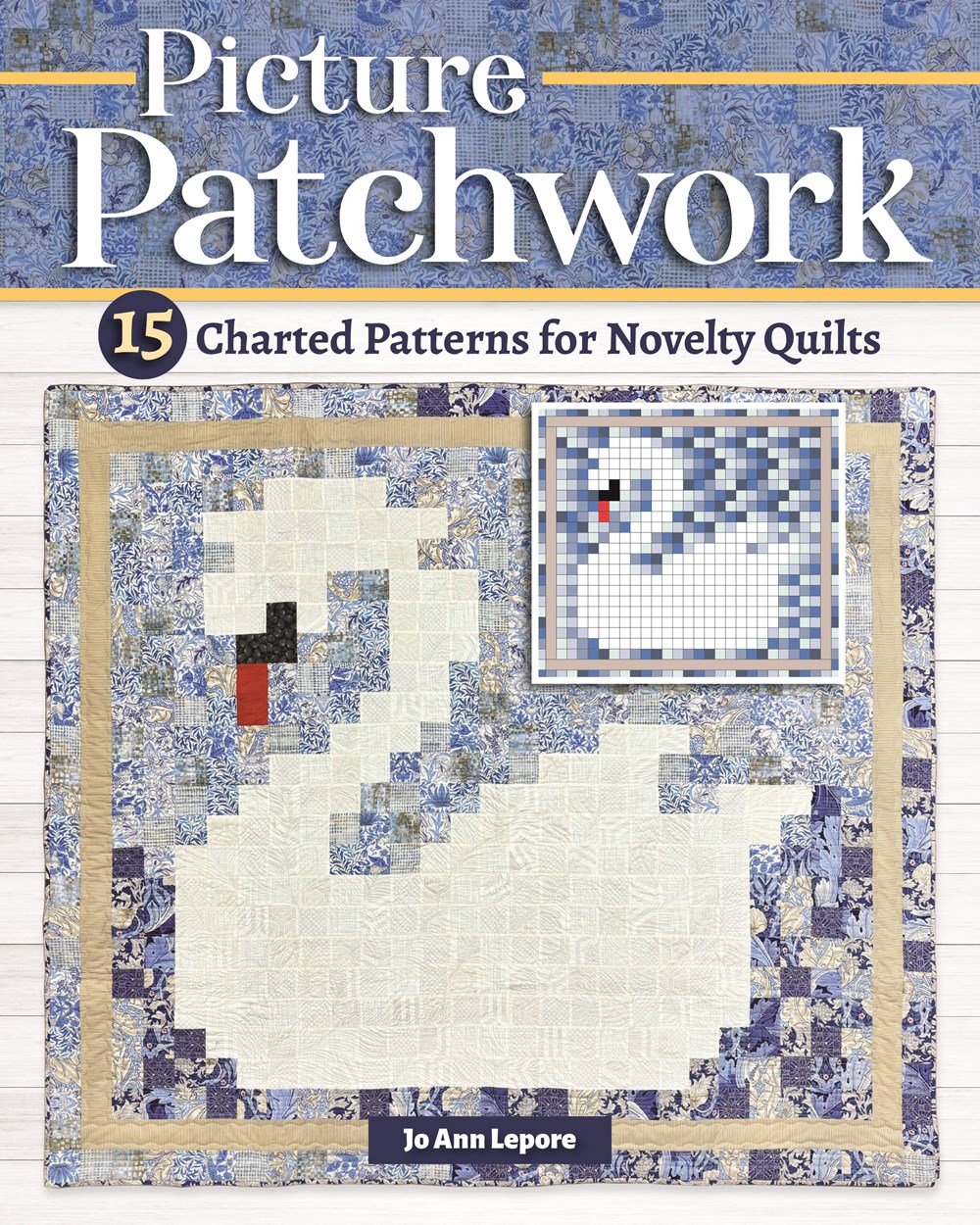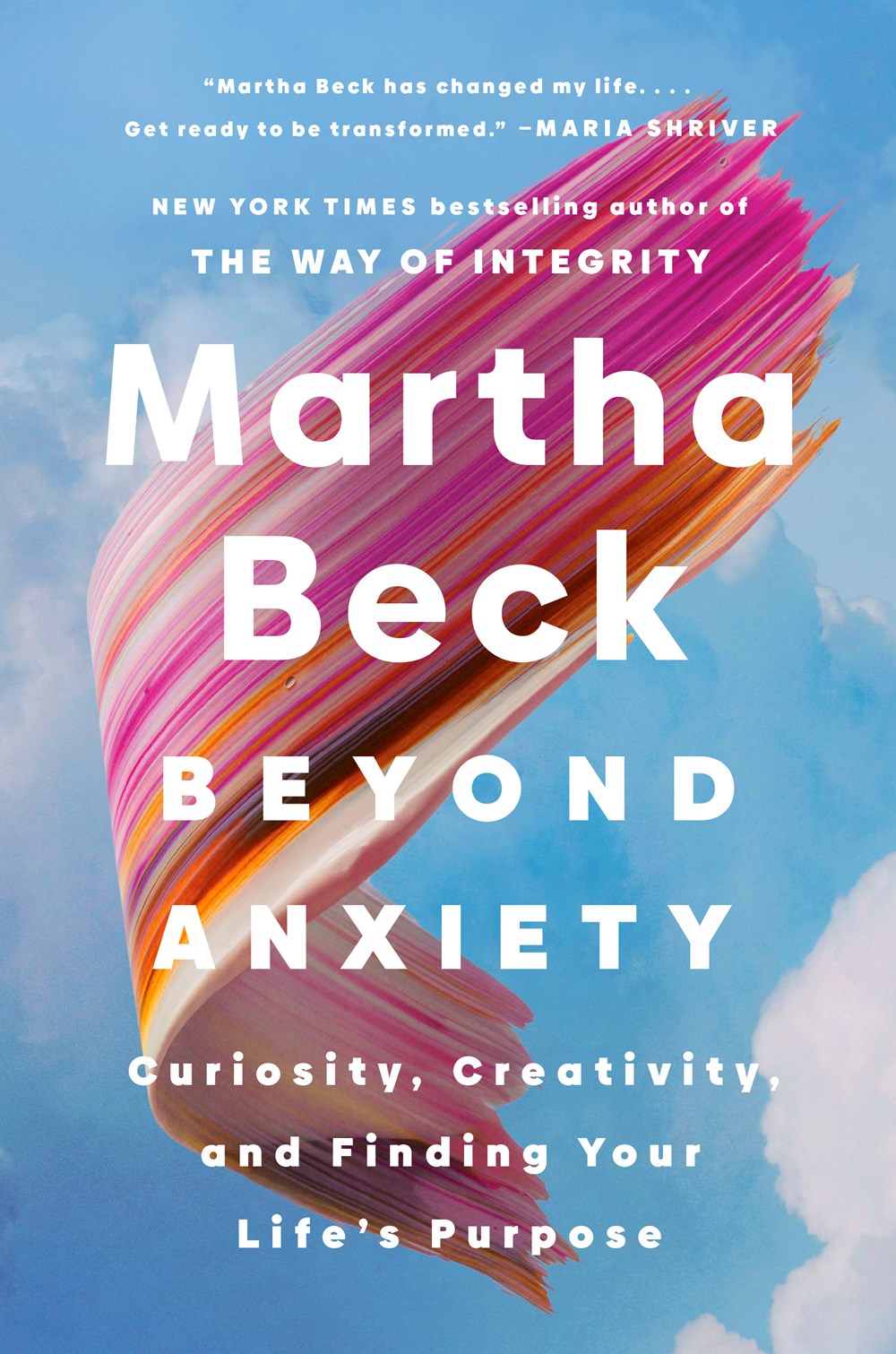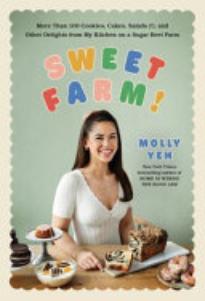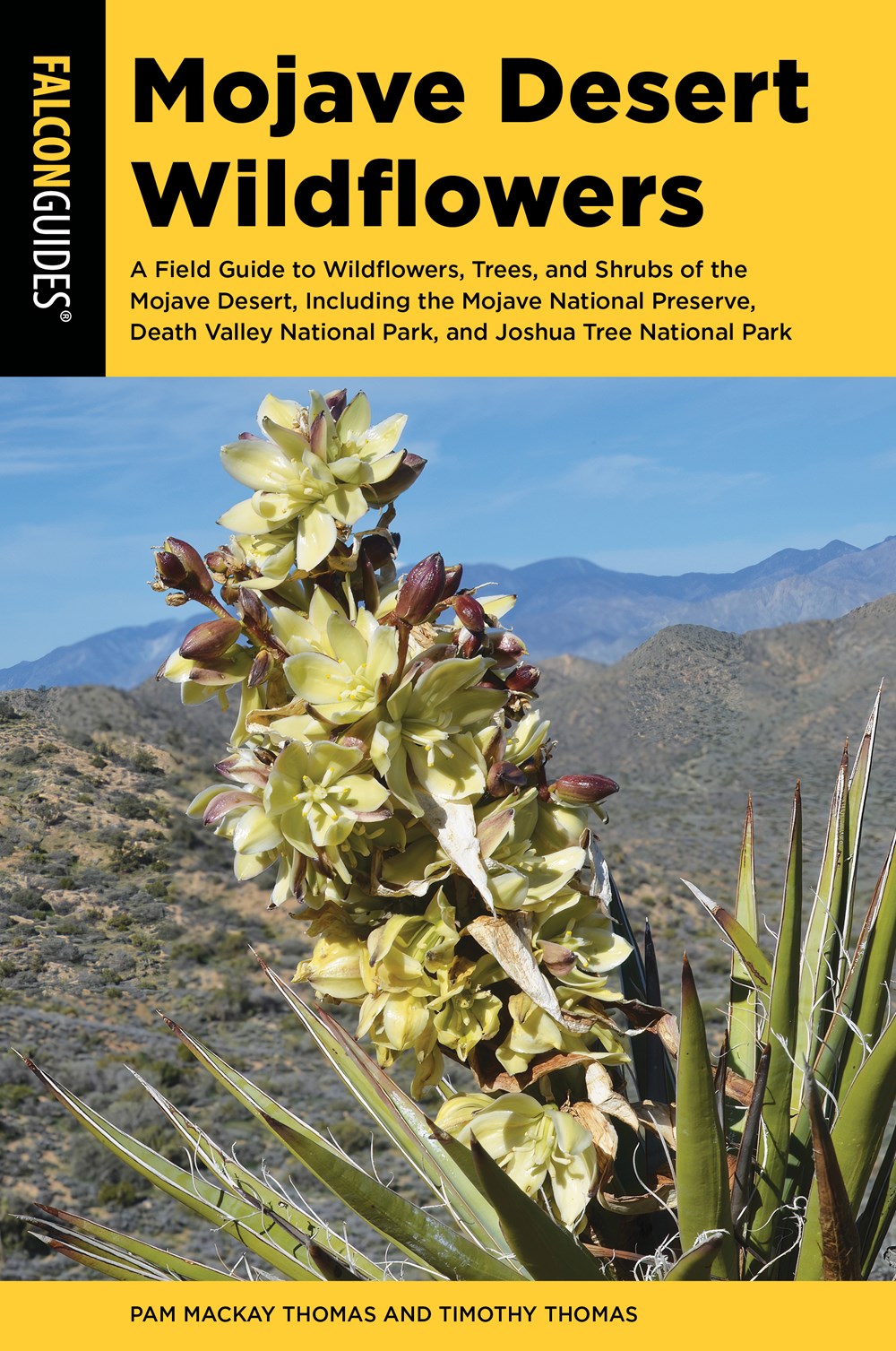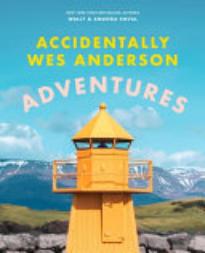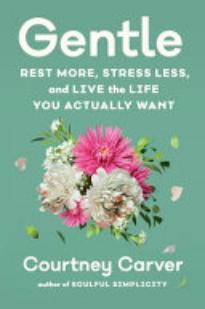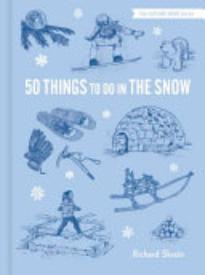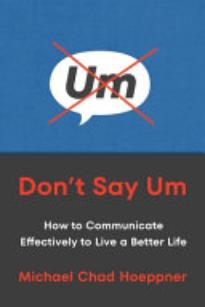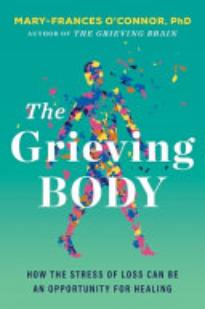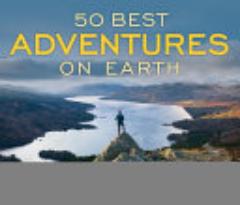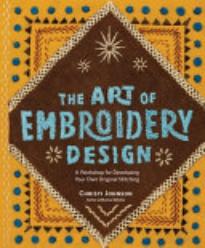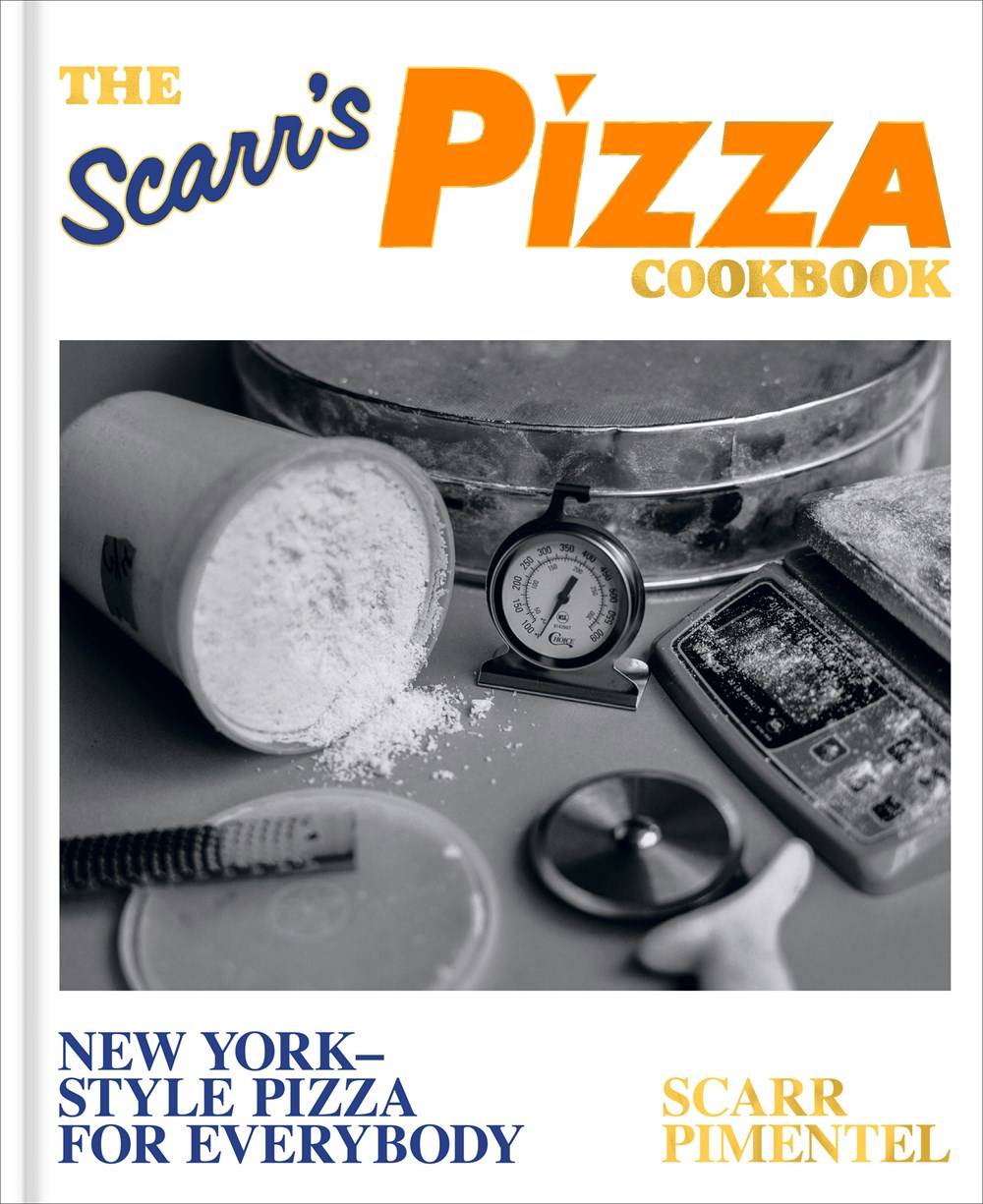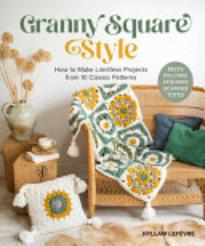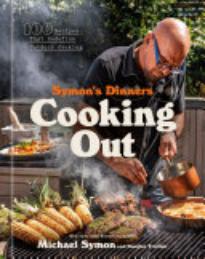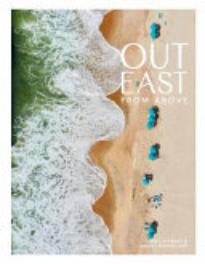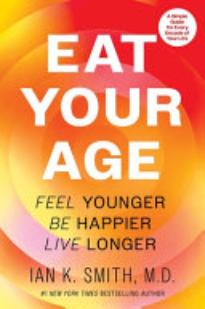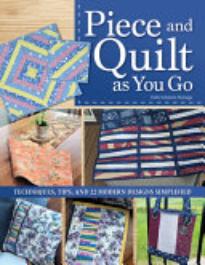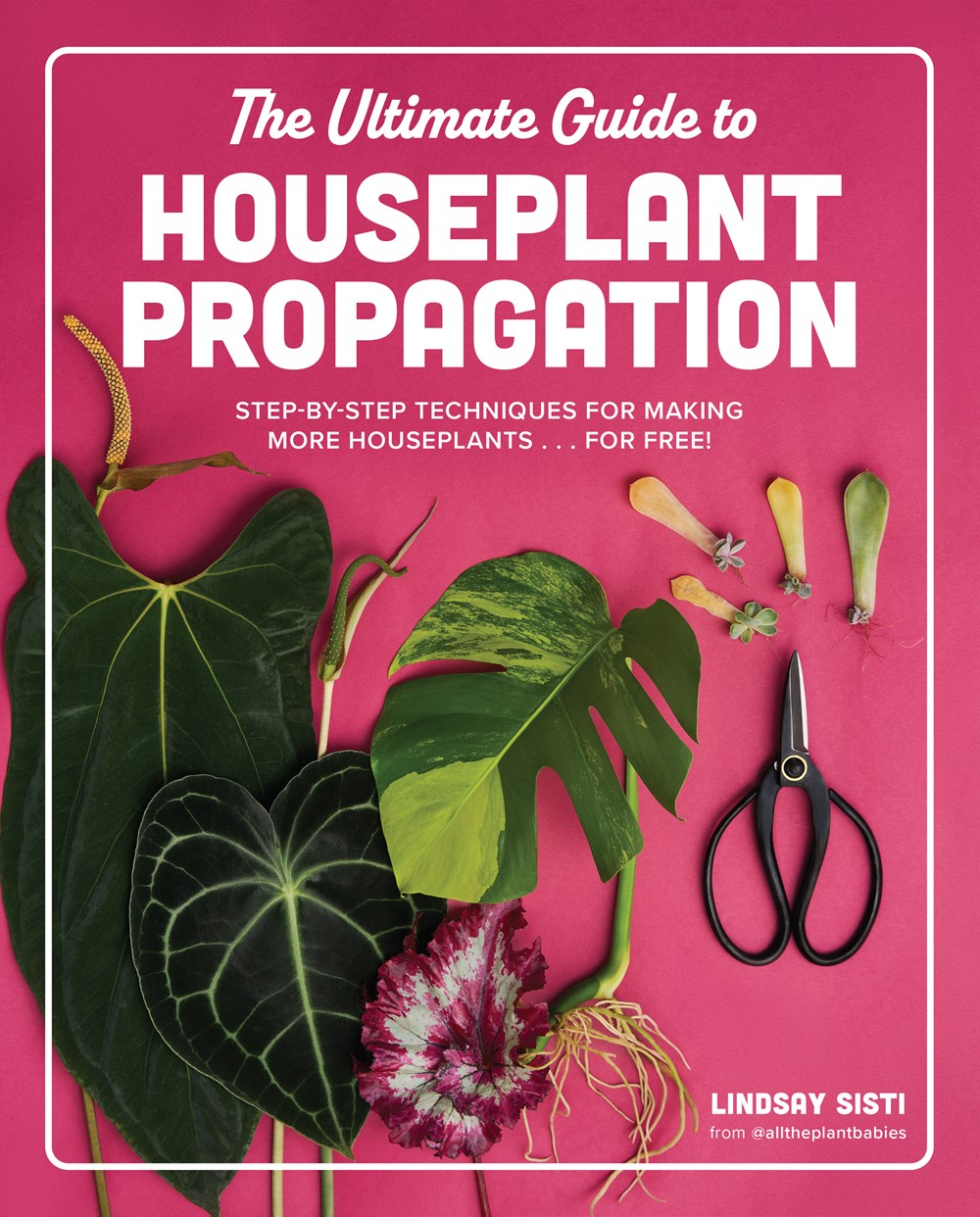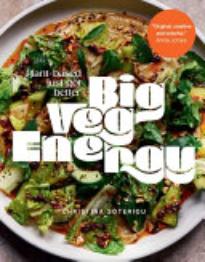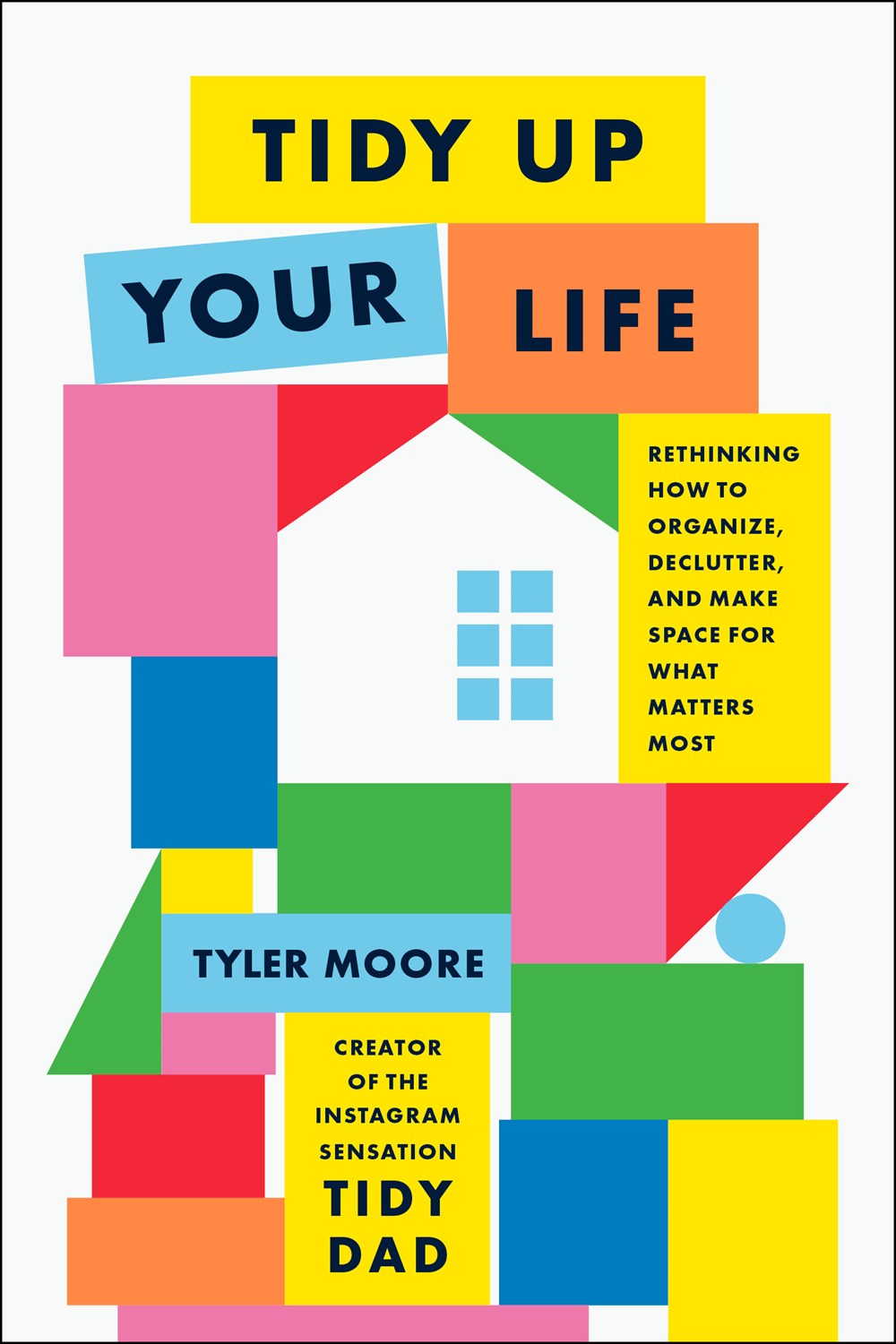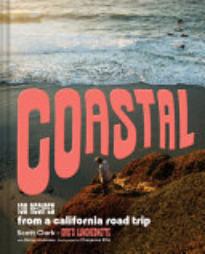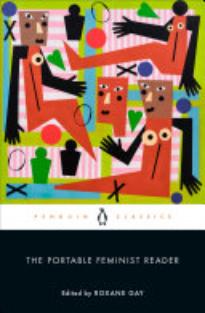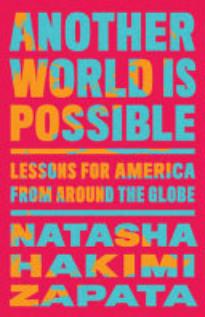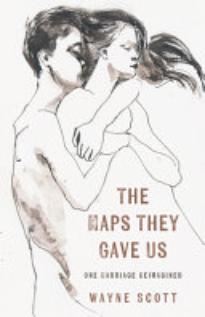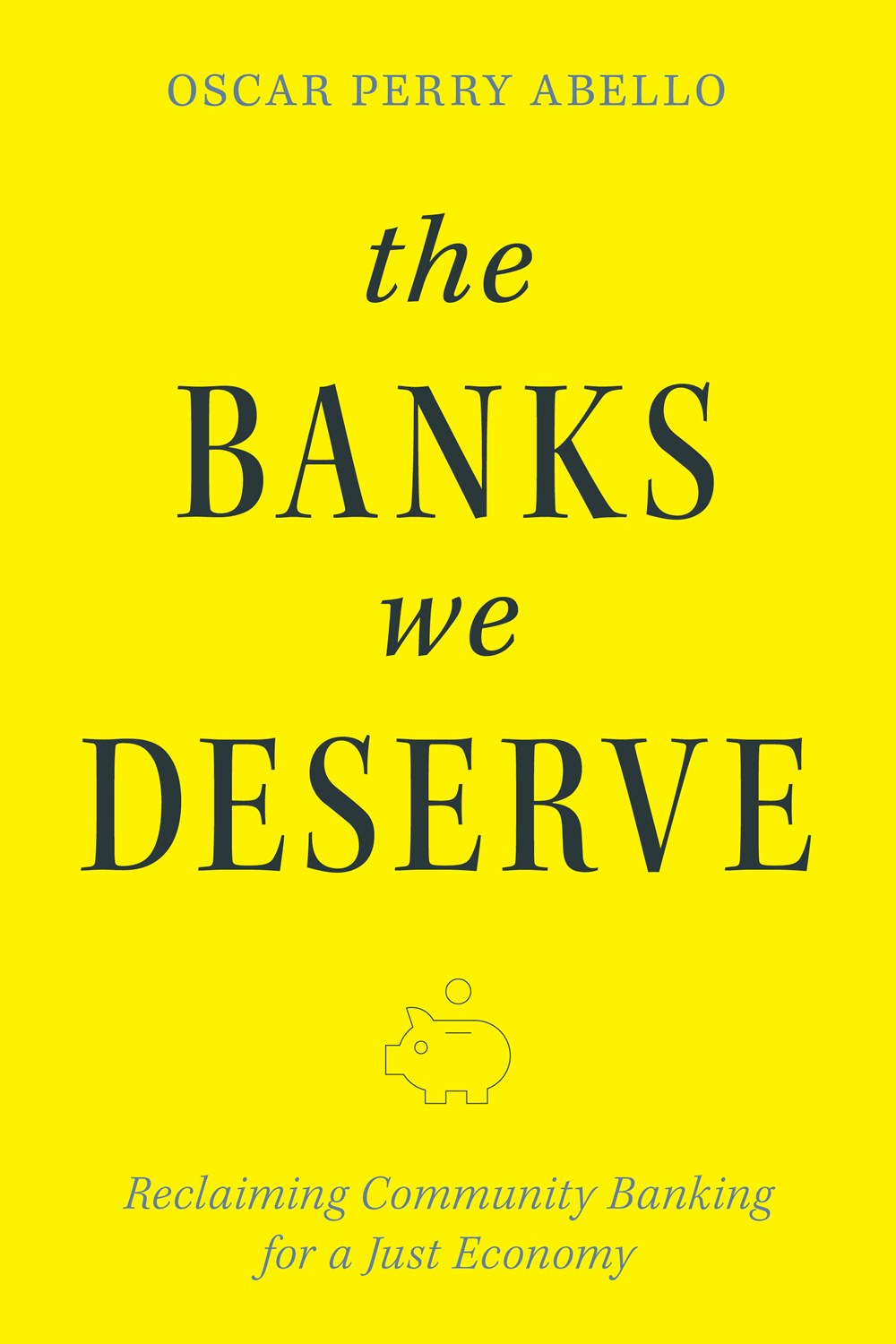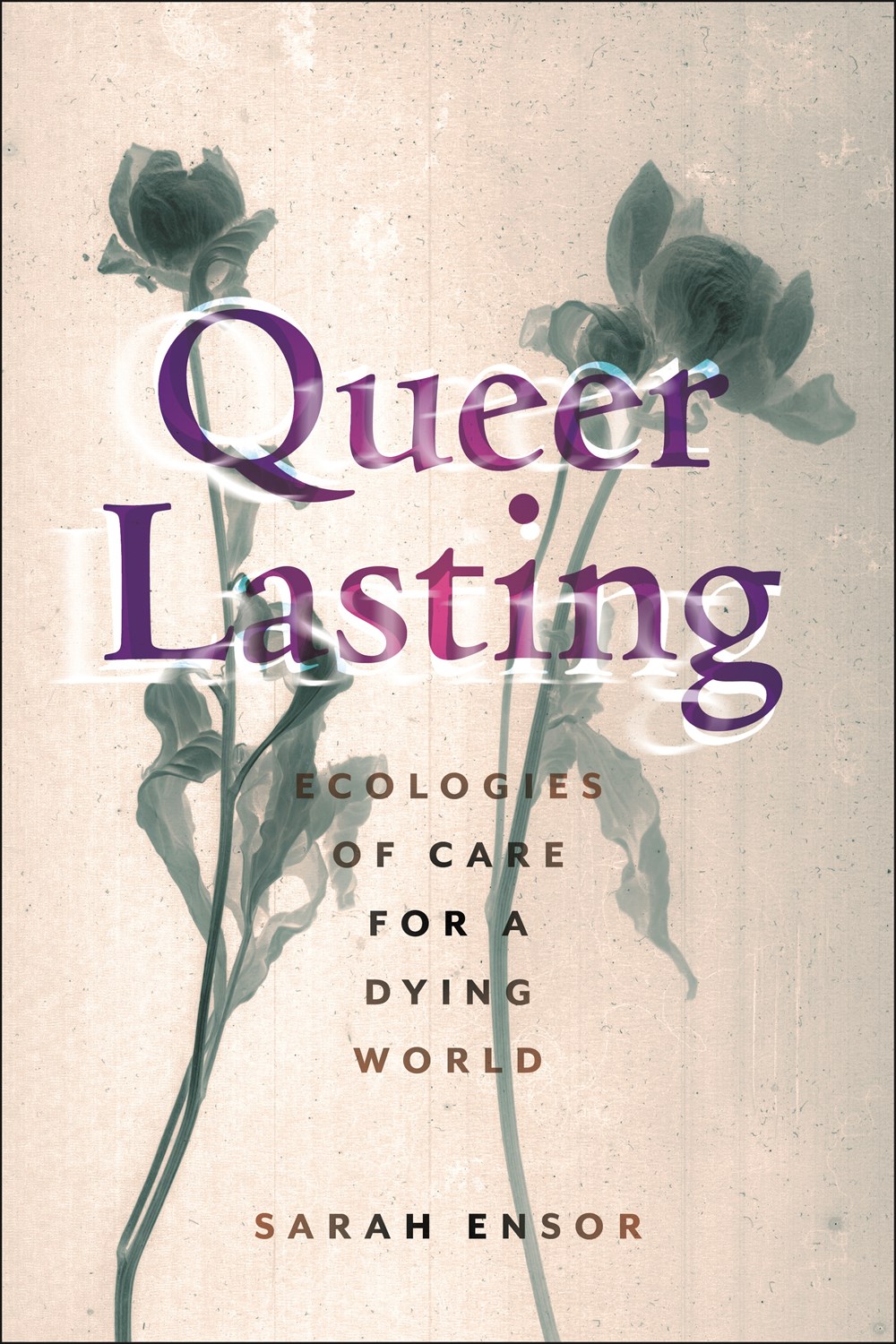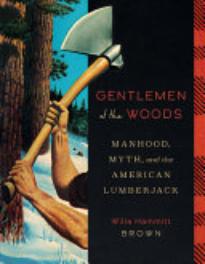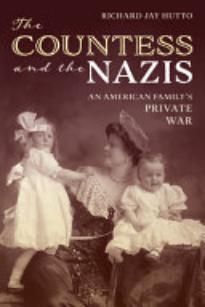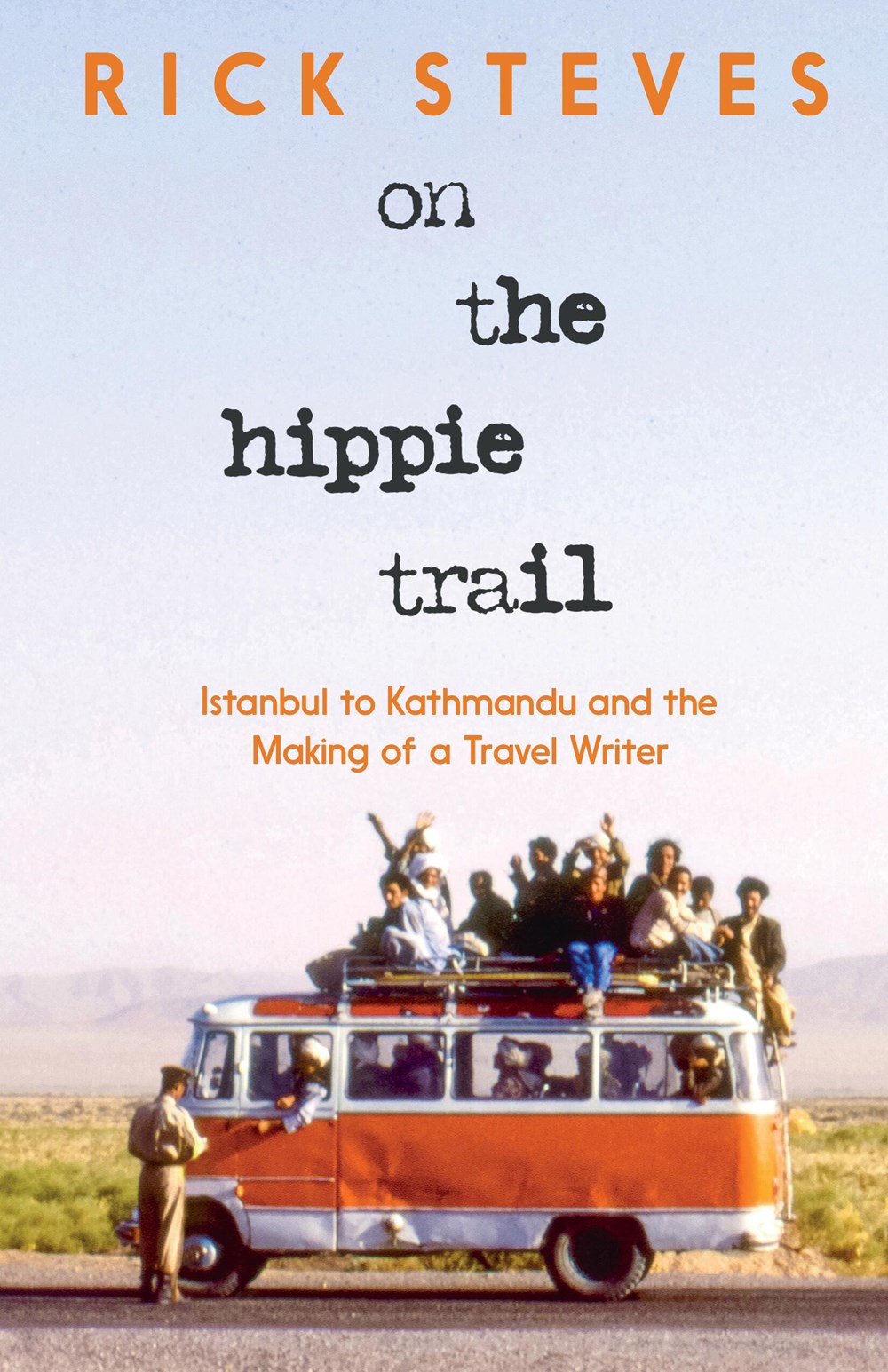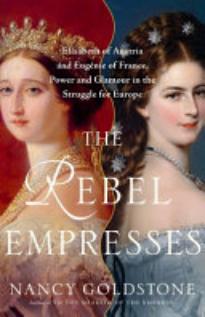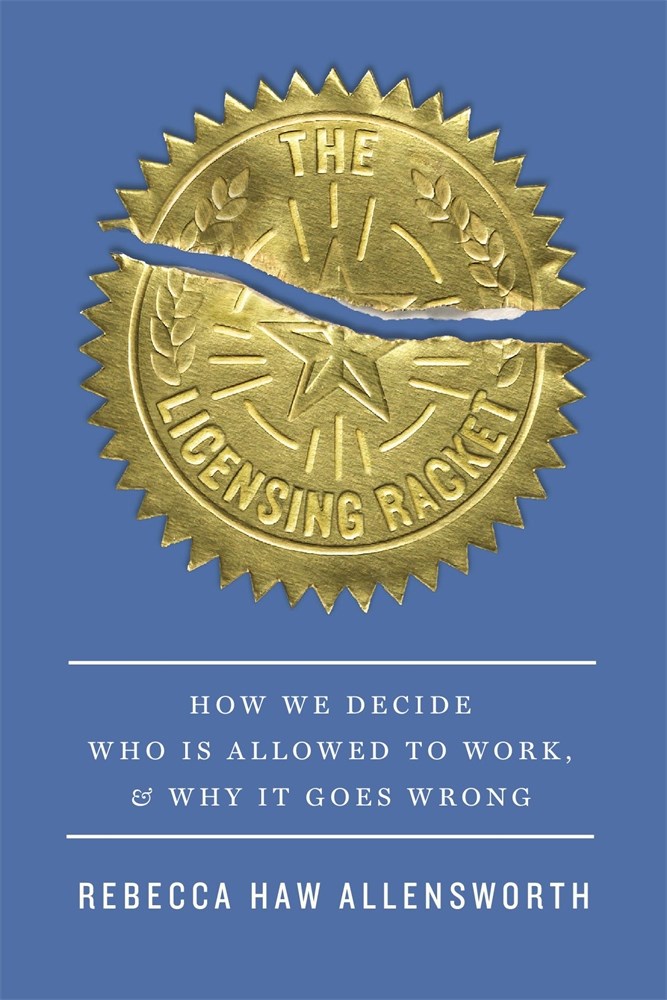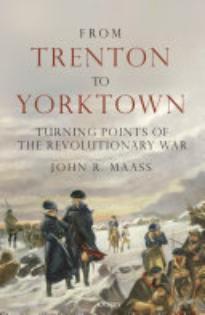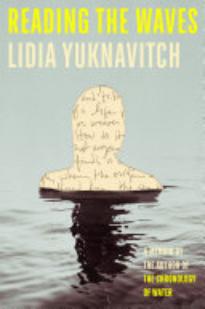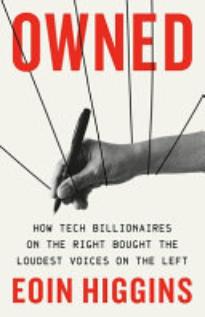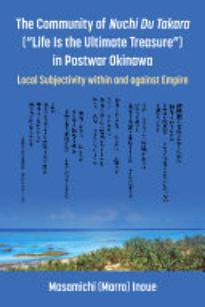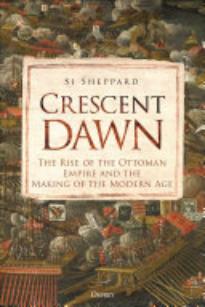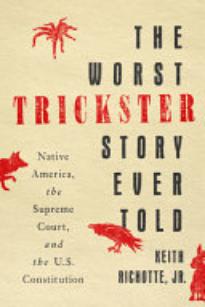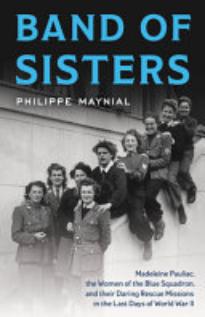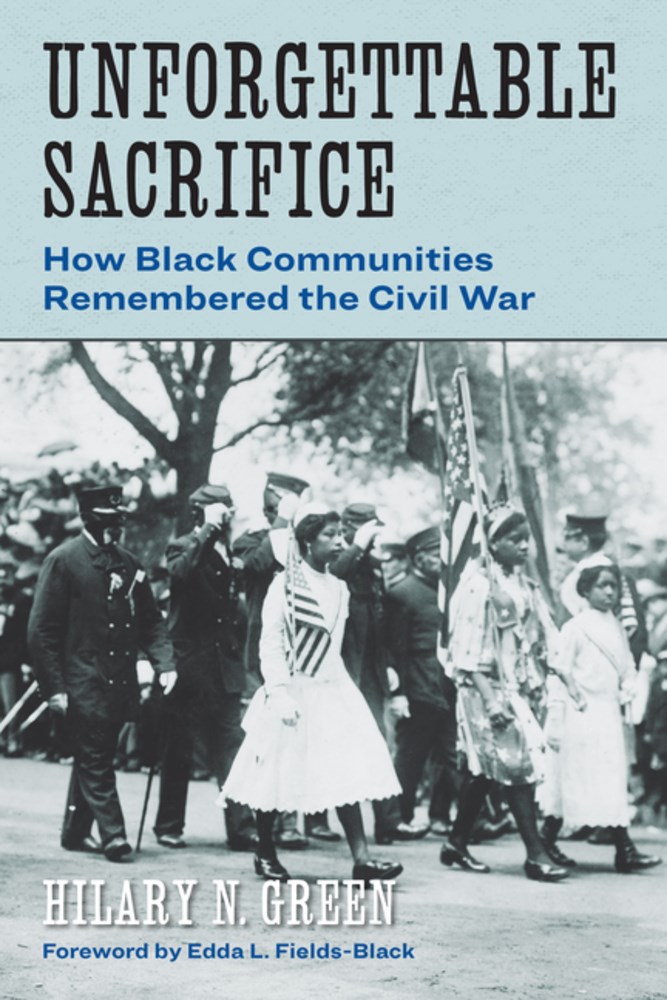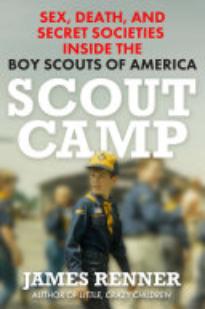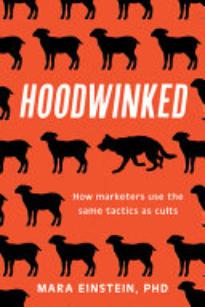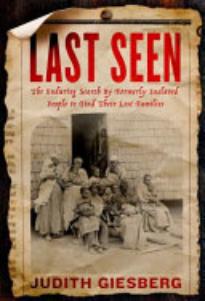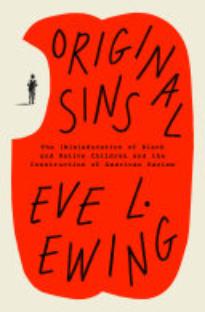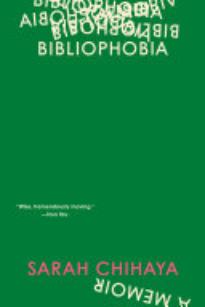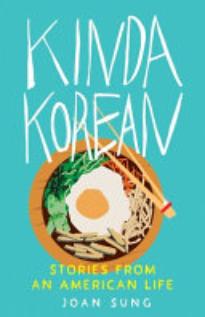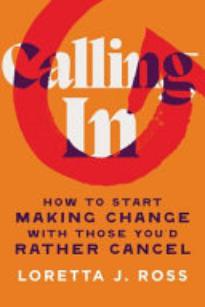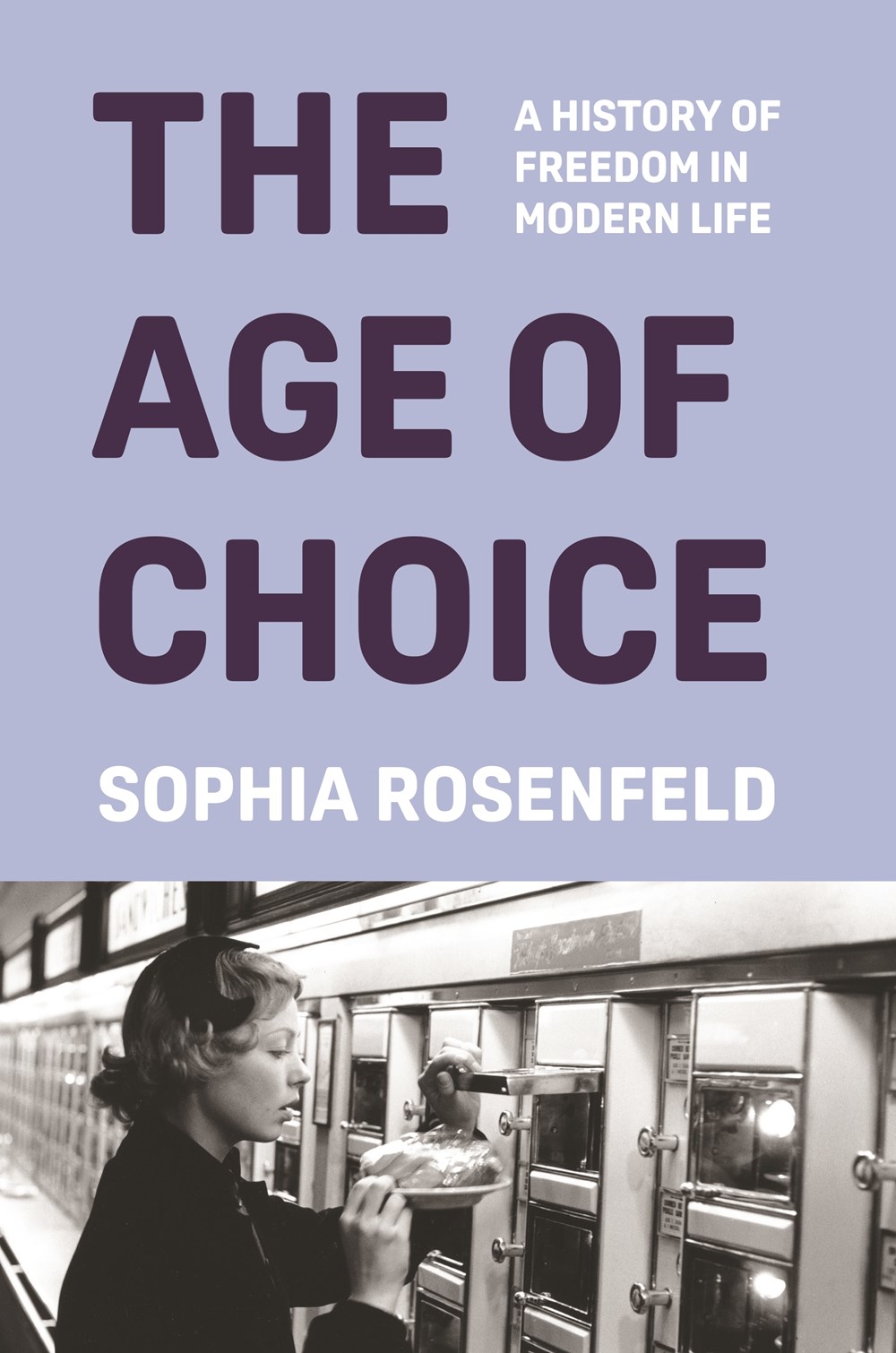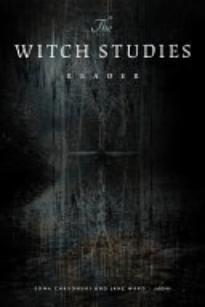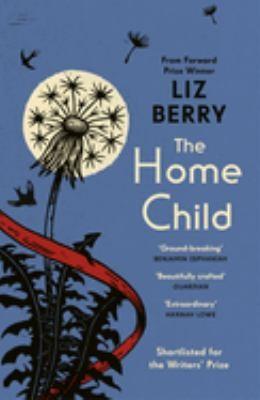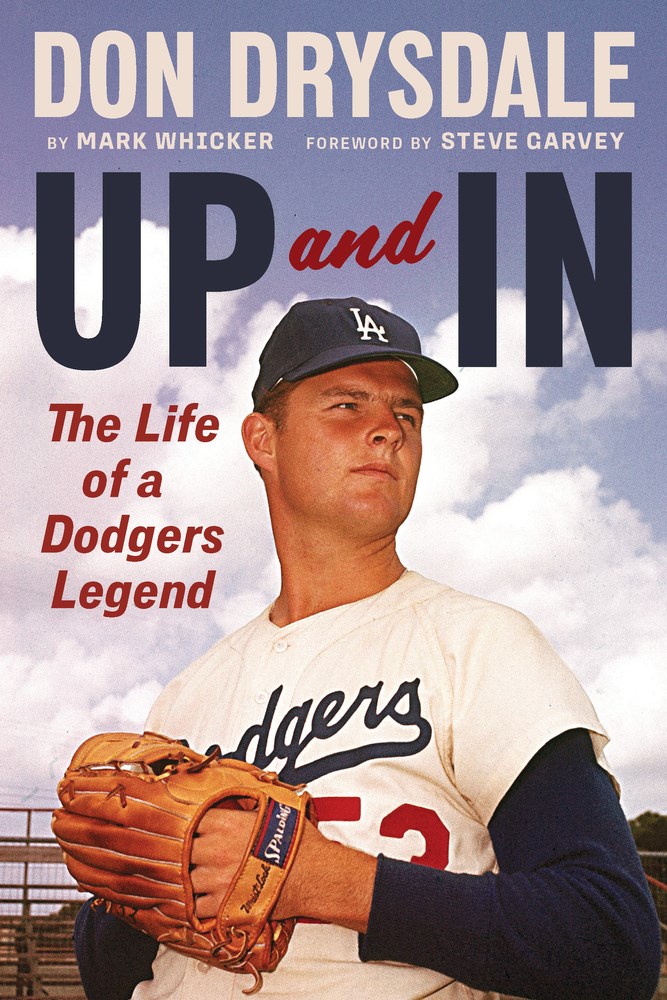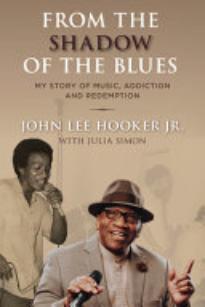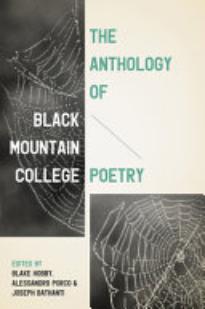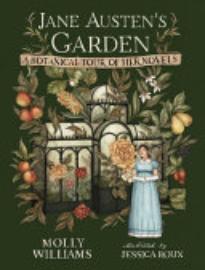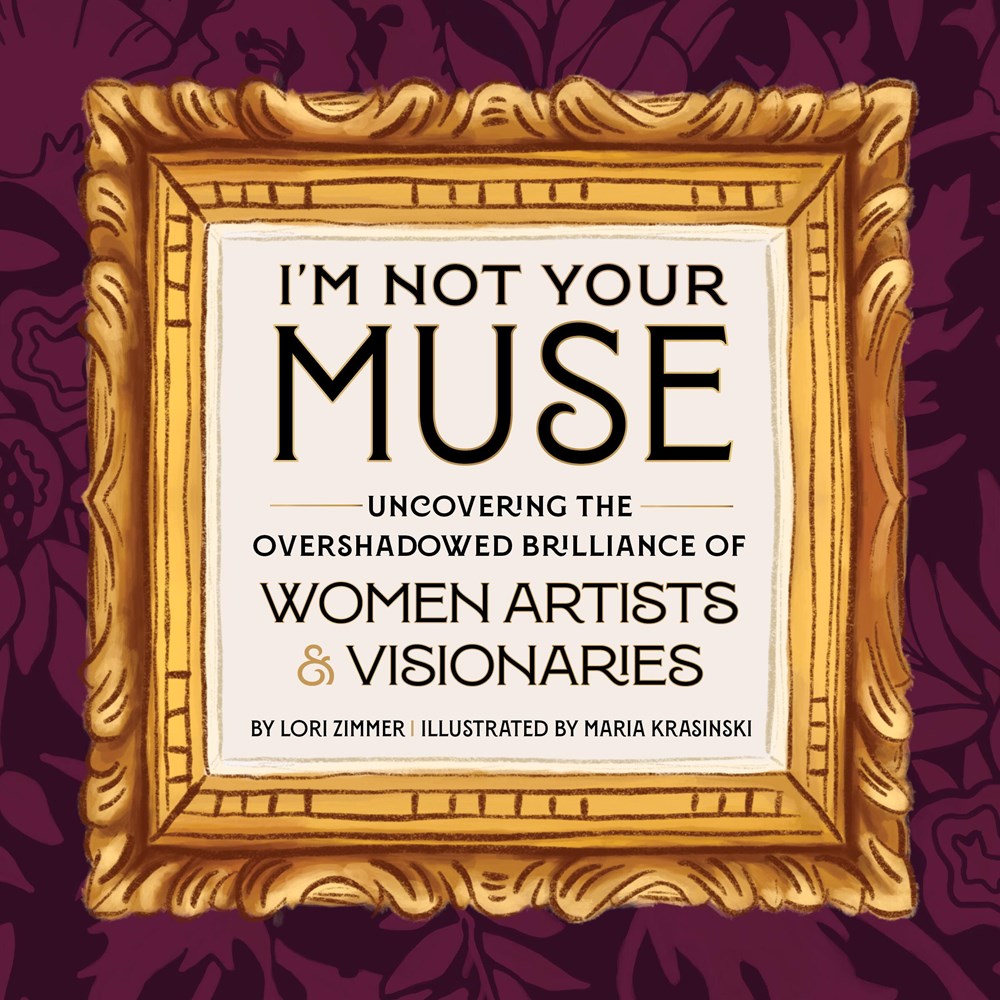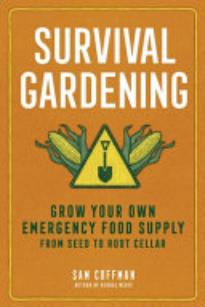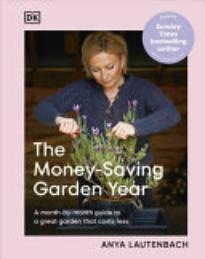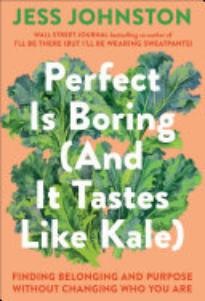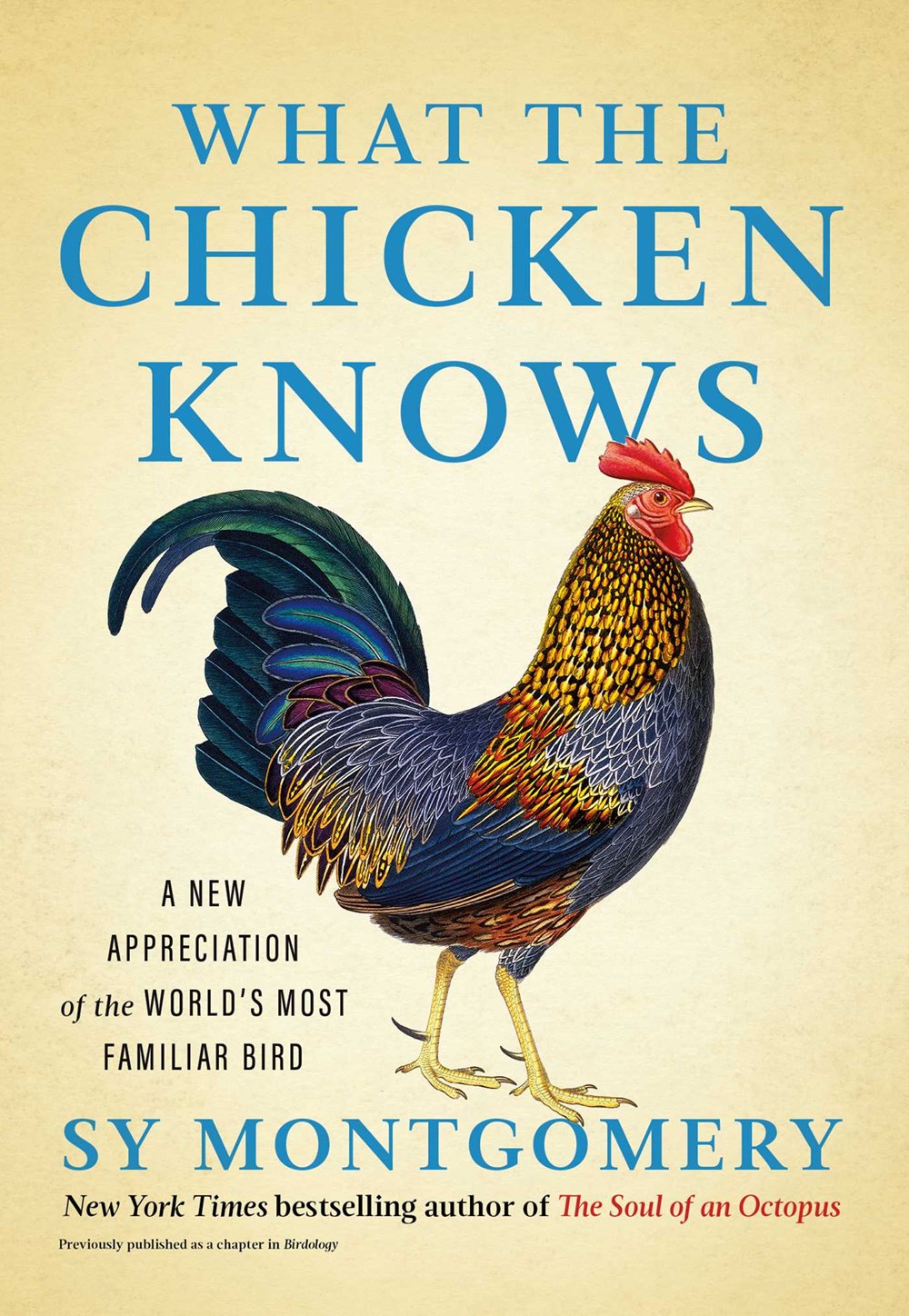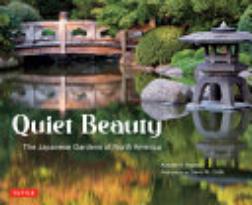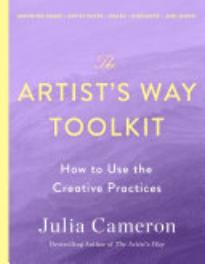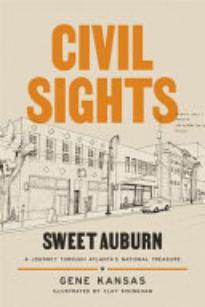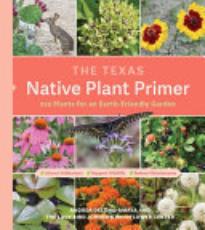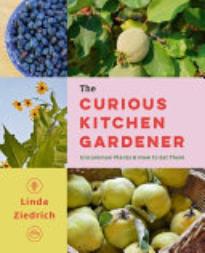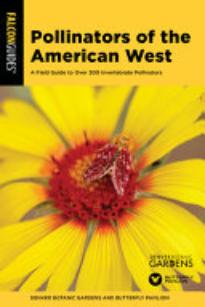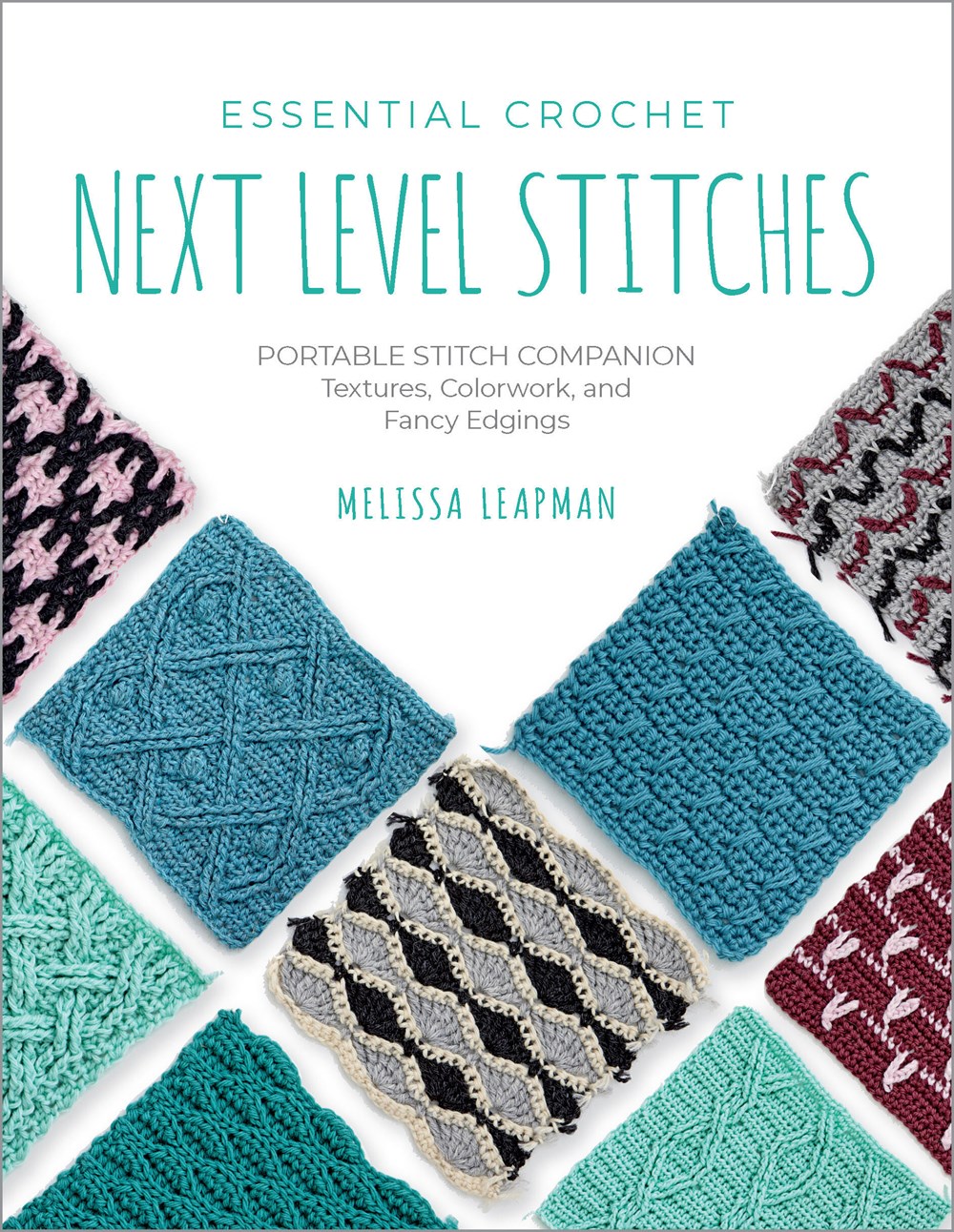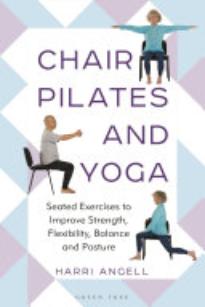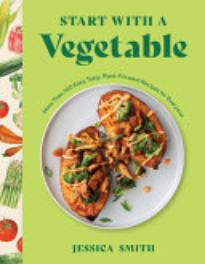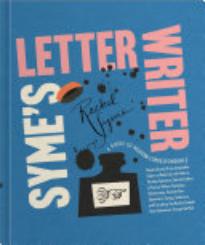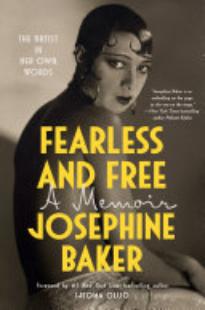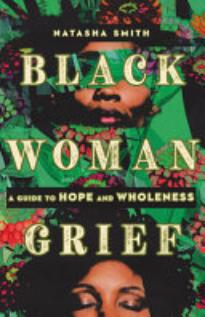Related
For those participating in Dry January or anyone looking to consume less alcohol, here’s a tempting array of cookbooks containing ideas for nonalcoholic cocktails.
Start the new year off with a shelf full of inspiration for honing new habits for health, healing, and even fun.
A thought-provoking book serving as a potent biography of a library pioneer and a call to action for library professionals to consider the true cost of systemic biases.
These volumes serve as a rich resource for understanding Christianity’s evolution and influence as Stuart guides readers through Christianity’s impact across centuries and continents. Useful for all levels of scholars on this subject.
A great addition for DIY and home improvement collections, and a title that will add a fun twist to travel displays.
A master class in patisserie for fledgling pastry chefs, as well as an aspirational guide to the subject for ambitious home bakers.
PREMIUM
The NEAT Method Organizing Recipe Book: 70 Simple Projects To Take Your Home from Chaos to Composed
A useful addition for readers who enjoy the Good Housekeeping series of how-to books.
Writing with all the warmth of a Southern-flavored Erma Bombeck and the sassy sense of humor found in Helen Ellis’s Southern Lady Code, Greene’s book deftly dispenses a bevy of delicious dishes that celebrate Southern home cooking at its best.
Accessible to beginners yet interesting for readers with some dyeing experience, this guide will appeal to fiber enthusiasts who want to expand the range of colors available to them and are willing to experiment.
The short and easy-to-read nature of this book makes it accessible to a wide general audience. Lovers of history and its relation to arts and crafts won't want to put it down.
This practical, comprehensive book is an essential guide that is packed with valuable insights and unique strategies for readers looking to innovate their winter farming practices. It’s a great resource for gardeners, farmers, homesteaders, and curious readers. This work makes a wonderful addition to collections too.
PREMIUM
Cats of the World
An engaging text accompanied by beautiful photographs in which the wonderful settings are secondary to the multitude of cats to swoon over. Best for animal lovers and supporters.
Gardeners of all levels will relish reading about and viewing this wide range of varied, inspirational gardens that are chock-full of all types of plants, reflecting the interests and personalities of their creators.
Leapman is a legend in the fiber arts world, and any new book by her is an essential purchase. The array and diversity of stitches featured here will have crocheters itching to pick up their hook and try them.
Like paint-by-numbers but for drawing figures, this book will be helpful for budding cartoonists and those who want to draw people without a lot of instruction on technique.
PREMIUM
CRUSH Your Money Goals: 25 Smart Money Habits To Save, Invest, and Fast-Track Your Financial Freedom
Joy is a big voice in debt management and personal finance, and her book empowers readers to realize their own lives are worth the investment.
PREMIUM
Dragonfly-Friendly Gardening
Though niche, this brief guide on building and maintaining a dragonfly- and damselfly-friendly environment will circulate well in libraries.
Probably not for the absolute beginner, but accessible for someone who’s made a few quilts. Experienced quilters who prefer structure over spontaneity will find much of value here.
In this straightforward yet sophisticated work, Beck once again demonstrates why Oprah Winfrey has called her “one of the smartest women I know.”
From sweet starts to the day and simple takes on classics to creative showstoppers, these recipes will appeal to home bakers looking for a variety of sweet treats that they can make without expensive ingredients if they remain attentive to process, ingredient measurements, and bake times.
PREMIUM
Mojave Desert Wildflowers
Flower fans, hikers, and tourists will find this guide extremely helpful for planning their Mojave Desert trip, and it has maximum visual and botanical appeal.
In this charming collection, the pleasure is in the view, delivered with all the quirky, stylistic, color-saturated wonder an Anderson fan could want.
An encouraging program for readers who have found that pushing through hasn’t worked and want a gentler approach to life, coached by an engaging, empathetic, supportive guide.
PREMIUM
50 Things To Do in the Snow
This book offers a range of imaginative and entertaining activities and crafts that will appeal to anyone who loves snow and winter.
Hoeppner offers effective practices for improving communication skills, plus excellent advice on acknowledging nerves and managing anxiety about speaking.
A must have for any collection looking to add a well-written, unexpected, and highly entertaining and delicious take on regional Italian cooking and locale.
A must-have for creative readers, this successful guidebook by a respected artist will find an eager audience.
With so many knitting and crochet books providing expensive yarn recommendations and patterns that depend on precision, this book will satisfy the itch to stitch for people who enjoy a little more freedom and flow without sacrificing form and function.
While this may be a little daunting for inexperienced cooks, it is a must-have for ambitious foodies who love to grill. A fun addition to any library collection.
New York–area libraries with larger travel sections already established will find this a beautiful addition for their patrons to browse through. This book can also be valuable for readers interested in landscape aerial photography.
Like many works on longevity, Smith’s leans heavily into how lifestyle contributes to aging. The actionable steps for incorporating practices into daily life may empower readers to have more nuanced conversations with their doctors about how to embrace health and strength while aging.
This engaging, encouraging, and accessible guide to houseplant propagation will appeal to plant parents everywhere.
While some of these recipes may be too fussy for less-experienced home cooks, Soteriou equips readers with the tools they need to create big, boldly flavored, visually appealing dishes that may mark her as the next iconic vegan of Isa Chandra Moskowitz’s ilk.
PREMIUM
Tidy Up Your Life: Rethinking How To Organize, Declutter, and Make Space for What Matters Most
Though there are many cleaning and tidying books around, this one is particularly astute. It cuts to the chase with foundational advice that makes incremental changes achievable and is recommended for most collections.
Cooks who fell in love with the food of Southern France in Rebekah Peppler’s Le Sud or discovered the joys of cooking in Maine with Erin French’s The Lost Kitchen will be equally enamored with Clark’s loving culinary celebration of the best that California’s Central Coast has to offer.
Worth picking up for Gay’s introspective yet inclusive introduction alone, this new collection provides accessible entry points into feminism and offers even advanced scholars new ways of viewing the complex, intersectional histories of feminist thought, literature, and action.
This book is recommended and appropriate for libraries supporting students and general readers interested in exploring governmental policies from abroad that could work in the U.S.
Emotional, raw, and real, this memoir is a deep dive into one couple’s trials and triumphs to redefine marriage to fit their lives and needs. A valuable addition to memoir collections.
A fresh take on banking that will show readers how credit unions and community banks can improve the social, economic, and environmental situations of the people they serve.
This compelling, evocative book expertly centers queer writing and resilience to imagine new approaches to living during environmental crises. It’s an excellent choice for scholars, students, and general readers of queer studies and ecocriticism. Pair with The Queerness of Water: Troubled Ecologies in the Eighteenth Century by Jeremy Chow.
Written in clear prose with well-founded arguments, this book, heavily illustrated with archival photographs and drawings, makes an excellent addition to history collections. For general audiences interested in Americana.
Many family photos enliven this engrossing, recommended history that will take readers right into the difficult times it depicts.
Steves’s journal offers a window into time, before travel through the greater Middle East became vastly more complicated. Recommended for Steves’s fans and armchair travelers.
Fascinating insight into the lives of two remarkable women who may be unfamiliar to readers in the United States. Especially recommended for readers interested in biographies about royals.
Allensworth gives readers accessible descriptions of the professional licensing process and attendant problems. She explains the reasons for caring about this weighty topic and suggests solutions.
This well-written, accessible history is a significant contribution to the literature on the American Revolutionary War. Maass’s blend of thorough research, engaging stories, and expert analysis make this book a must, especially for U.S. history readers.
Brilliant, unflinching, and written with the same heady, literary sophistication as Yuknavitch’s novels. Compounded by real moments of narrative vulnerability, this memoir is as much an act of dismembering as it is of remembering.
This scholarly work does a good job of indicating the nuances and the conflict between Okinawa and the U.S.-Japan alliance. Recommended for graduate students and readers interested in modern East Asia.
This exhaustive work will find a readership among specialists, as it details key battles and ideological impetuses of important figures. Sheppard also succinctly explains the reasoning behind crucial events during a turning point in European history.
PREMIUM
The Worst Trickster Story Ever Told: Native America, the Supreme Court, and the U.S. Constitution
Blending serious scholarship with a chatty and lively narrative style, this introduction to plenary power within the context of relations between the U.S. and Indigenous peoples will intrigue law students, advocates, and general readers.
Using archival records, stories from Maynial’s family, and an interview with the last surviving nurse from the Blue Squadron, this book delivers a gripping, affectionate account of these women’s heroic work. Best for history, gender studies, and human-interest readers.
Green offers a foundational understanding of Black Civil War memory and encourages readers to continue to ask questions and gather more stories before they are further lost to time, thus continuing to dispel misconceptions and misinterpretations. An excellent companion to Levin’s Searching for Black Confederates and Roberts and Kyrtle’s Denmark Vesey’s Garden.
The lack of books on the Boy Scouts largest summer camp makes this deeply personal, captivating, and accessible title an essential addition to true crime collections.
A thought-provoking analysis of modern marketing tactics that empowers consumers to ameliorate its effects. This will appeal to social sciences–based critics of contemporary marketing.
Based on a unique set of sources, this heart-wrenching work should be read by all focused on enslavement studies as well as American and Civil War history.
Ewing’s profound work is a must read for politicians, school board members, education administrators, and teachers. It would also be an excellent addition to professional development and teacher education programs.
Vulnerable yet acerbic, this moving interrogation of the stories that helped Chihaya survive in a predominantly white environment validates the real and raw ways in which books shape people’s internal and external identities in personal, political, psychological, and social ways.
A conversation-generating memoir. Give to readers who enjoyed I’m Glad My Mom Died by Jennette McCurdy or Real Americans by Rachel Khong.
This is a highly recommended, necessary read for anyone who finds themself grating against those with different political beliefs. Ross’s book has plenty of potential for discussions and healing relations between friends and family and maybe even strangers too.
Taking a whole-army approach, Sarantakes describes the contributions of all units and levels of command, along with discussions of unit mobility, intelligence, and tactics. This strategy makes for a detailed and comprehensive treatment of a generally under-researched but crucial battle. This deeply researched and well-written work will certainly be enjoyed by readers of World War II history.
An illuminating and vibrant collection of work for scholars of women’s and queer studies, as well as readers interested in women’s empowerment, paganism, and witchcraft.
PREMIUM
The Home Child
A powerful book (winner of Britain’s Writers’ Prize for Poetry in 2023, as well as the Writers’ Prize for overall Book of the Year) that will linger with readers long after the last word.
This is definitely a book for readers familiar with Drysdale and fans of baseball. It’s a good story about a time gone by.
Hooker has survived more in his life than most people, and fans of his music and the blues will appreciate learning his story.
Well thought-out, the selections in this anthology beautifully introduce readers to this special college and to poets deserving of high praise and appreciation.
This book models the research and scholarship needed to more fully represent women in the history of architecture. The result is a richer story of both women in architecture and modernism in the United States.
This is a lovely book that educates and offers beauty. Recommended for plant lovers and Austen aficionados.
This timely retrospective on inner city reality as a cultural phenomenon will appeal to media scholars and crime show fans.
Like physical combat veterans, many on the front lines in Hollywood subsequently seldom talked about their efforts, which makes this book valuable.
This provides a delightful touching off point that is sure to pique curiosity and initiate a deeper dive by readers.
A nonintimidating introduction to short- and long-term food plans and gardening techniques that will help readers develop their emergency food supply plan.
The sound, money-saving ideas boil down to planting seeds, whether collected or purchased, dividing plants, and making cuttings using numerous methods.
A charming and quick read for those who need a boost in confidence and a chuckle. Great for humor and lifestyle collections.
Montgomery’s expertise as a naturalist and fluid writing style combine for an engaging and eye-opening read. For all collections.
A gorgeous, informative, browsable book for armchair travelers, vacation planners, and readers interested in North American Japanese-style gardens and their history.
An excellent Black history title, definitely for Southern libraries, but also a welcome choice for collections focused on the civil rights movement and a fun teaching aid.
This lovely, browsable, wide-ranging, authoritative book will be relished by Texas gardeners of all experience levels. It’s perfect for readers who are looking for plant suggestions so that they can design or expand their own gardens with native species.
Perhaps this will be the nudge that less-confident cooks will need to try something new. Recommended for readers seeking new options in both their gardens and their kitchens.
Full of insightful information for readers wishing to learn more about pollinators, this field guide is a valuable resource. It will especially delight entomology and ecology enthusiasts, along with residents of the western regions of the U.S. and Canada who are curious about the pollinating insects that live in their area.
The stitches featured here live up to the book’s title and are next-level complex. Luckily, crocheters are guided by expert Leapman’s easy-to-follow instructions and charts. This guide deserves a place on library crafting shelves.
PREMIUM
Chair Pilates and Yoga: Seated Exercises To Improve Strength, Flexibility, Balance and Posture
A well-illustrated, clearly written overview of why, when, and how to incorporate chair-based yoga and Pilates practices into one’s lifestyle, primarily intended for older adults but valuable for any fitness seeker looking to stretch their body and boundaries without struggle.
An excellent addition to cookbook shelves for those who want an easy introduction to plant-based eating. Great for most public library collections.
The balance between Victorian aesthetics and modern wit is perfect, making this an entertaining and convincing affirmation of the value of snail mail today.
A great discovery for readers who are starting to design their homes or beginning an update. For all collections where interior-design books circulate well.
PREMIUM
Lloyd Kaufman: Interviews
Kaufman’s shtick gets repetitive, but readers will gain insight into the world of no-budget cinema.
PREMIUM
Fearless and Free: A Memoir
This dialogue with Baker revels in her poetic and often humorous way of speaking. Pair with Chris Chase and Jean-Claude Baker’s authoritative biography Josephine Baker: The Hungry Heart.
This excellent book skillfully showcases Smith’s method for identifying and healing from grief and finding wholeness. It can be read individually or as a study group. Each chapter opens with a quote by an accomplished Black woman, covers an issue that Black women face, infuses God’s Word, provides solutions, and ends with an encouraging letter to Black women.
articles
ALREADY A SUBSCRIBER? LOG IN
We are currently offering this content for free. Sign up now to activate your personal profile, where you can save articles for future viewing


